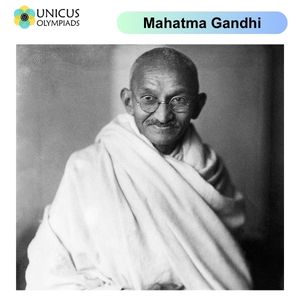

Throughout history, many rulers and leaders have shaped the course of civilizations, fought significant battles, established lasting empires, and promoted peace and prosperity. These leaders were often defined by their vision, military prowess, political strategies, or ability to inspire their people. Below are some of the most influential and notable rulers and leaders in history.
Alexander III of Macedon, better known as Alexander the Great, is regarded as one of the most successful military commanders in history. His conquests spread Greek culture throughout much of the known world, and he founded many cities that became centers of culture and knowledge.
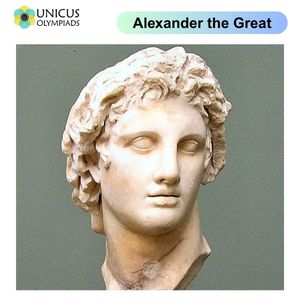
Julius Caesar was a Roman general, statesman, and dictator who played a critical role in the events that led to the demise of the Roman Republic and the rise of the Roman Empire.
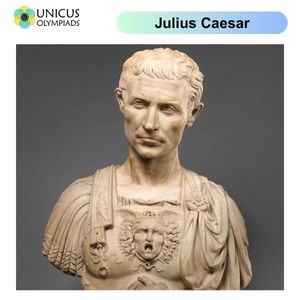
Genghis Khan, born Temujin, was the founder of the Mongol Empire, which became the largest contiguous empire in history after his death. His conquests are legendary, and his leadership reshaped the political and cultural landscape of Eurasia.
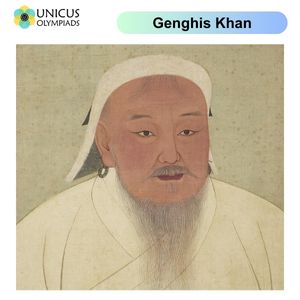
Napoleon Bonaparte, a French military leader and emperor, rose to prominence during the French Revolution and led France in a series of military campaigns known as the Napoleonic Wars. He became one of the most significant figures in European history.
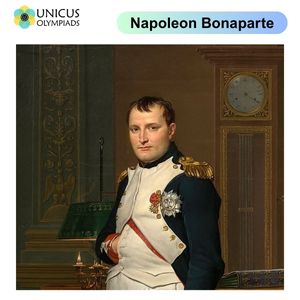
Queen Elizabeth I of England, also known as the Virgin Queen, was the last monarch of the Tudor dynasty. Her reign, known as the Elizabethan Era, is considered one of the most successful in English history, marked by the flourishing of English culture and the defeat of the Spanish Armada.
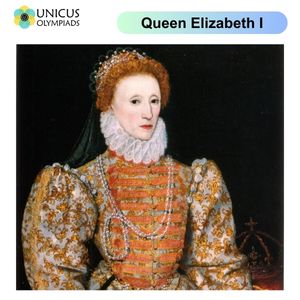
Abraham Lincoln was the 16th president of the United States and is widely regarded as one of the greatest leaders in American history. He is best known for his leadership during the American Civil War and his role in abolishing slavery in the United States.
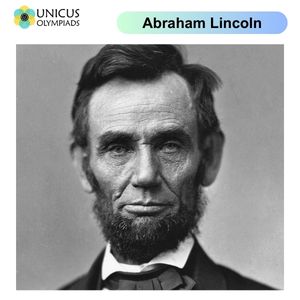
Nelson Mandela was a South African anti-apartheid revolutionary, political leader, and philanthropist. He became the country’s first Black president and was a key figure in the global fight against racial segregation and injustice.
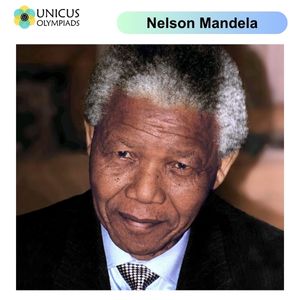
Mahatma Gandhi was the leader of the Indian independence movement against British rule. His philosophy of nonviolent civil disobedience influenced many global leaders and movements for peace and civil rights.
